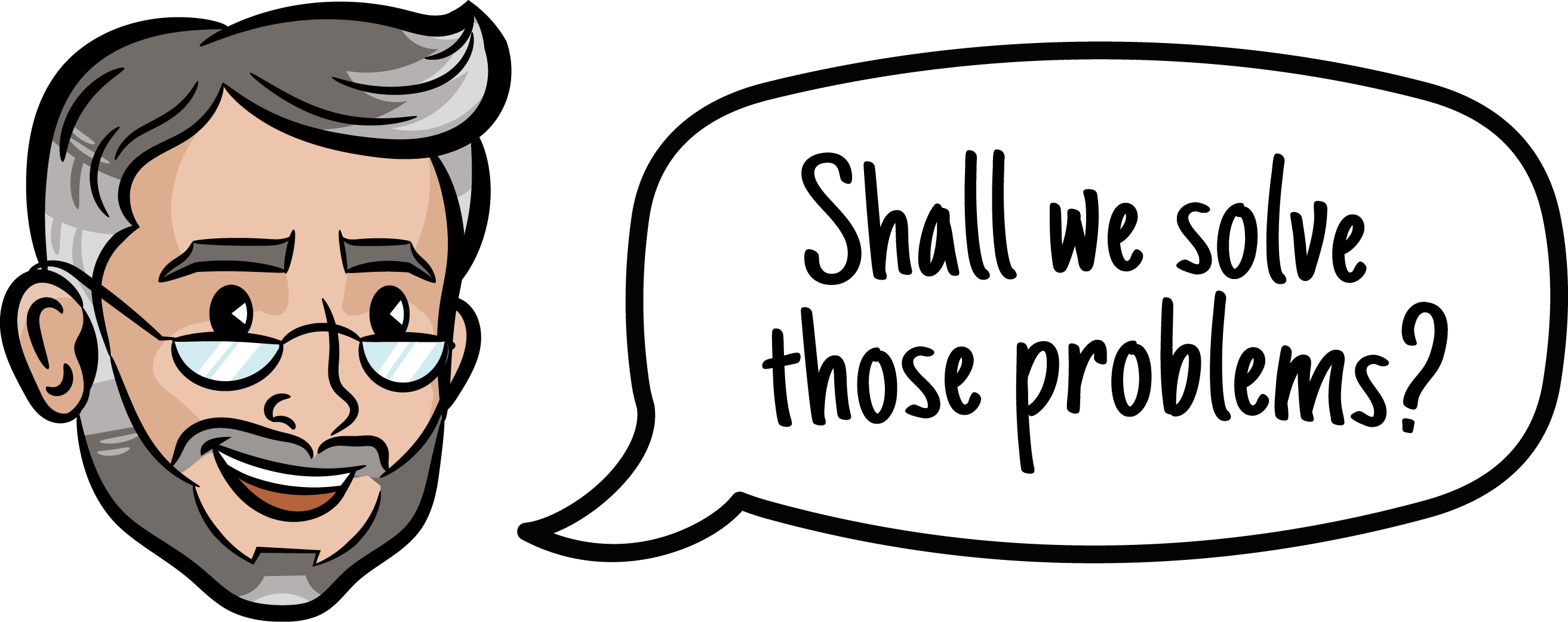A well-optimized B2B marketing funnel is crucial for driving success in today’s competitive business landscape. The funnel represents the customer journey from the moment a prospect discovers your business to the final decision of becoming a client. Mastering the B2B marketing funnel basics can help your marketing and sales teams convert leads more effectively, improve customer retention, and increase overall revenue.
In this article, we’ll cover essential tips, advanced techniques, and strategies for enhancing and refining your B2B funnel for optimal performance.
Tips for Mastering the B2B Marketing Funnel Basics
Mastering the B2B marketing funnel basics involves understanding the stages of the buyer’s journey and aligning your marketing strategies accordingly. Each stage—awareness, interest, consideration, intent, evaluation, and decision—requires different tactics to engage and nurture prospects. It’s important that you don’t try to boil the ocean and instead focus on understanding your ICP meaning when you’re getting started, as it helps you identify and target the right customers effectively.
To start, focus on creating content that matches each stage of the funnel. In the awareness stage, prospects are discovering their problems and looking for solutions. Your content at this stage should be educational and informative, such as blog posts, industry reports, and social media engagement. As leads move further down the funnel, they’re looking for more specific information, like case studies, product demos, and detailed whitepapers.
Personalization is another key element. B2B buyers expect content that speaks directly to their needs. Segment your audience based on factors like industry, company size, or pain points. This allows you to craft tailored messaging that resonates more deeply with each segment.

Finally, collaboration between your marketing and sales teams is critical. The funnel should be a shared framework that both departments use to track progress and adjust strategies. Sales and marketing alignment ensures that leads receive the right messages at the right time, increasing the chances of conversion, (remember it is important to understand what’s unique about B2B Conversion Rate Optimization).
Advanced B2B Marketing Funnel Techniques
Once you’ve mastered the B2B marketing funnel basics and addressed any sales funnel leaks , it’s time to implement advanced techniques that can take your funnel to the next level. One of the most effective approaches is account-based marketing (ABM). ABM focuses on targeting high-value accounts with personalized campaigns designed to engage decision-makers. This approach is ideal for B2B companies selling to larger enterprises where multiple stakeholders are involved.
Another advanced technique is leveraging multi-channel engagement. In today’s digital age, B2B buyers interact with brands across multiple platforms—LinkedIn, email, webinars, and more. Ensuring that your funnel incorporates touchpoints across these channels helps create a seamless experience for prospects. Retargeting ads and personalized email automation are valuable tools for keeping prospects engaged throughout the journey.
Automation also plays a significant role in advanced funnel management. By using marketing automation platforms like HubSpot or Marketo, you can trigger personalized email campaigns, monitor user behavior, and send targeted offers based on specific actions prospects take. This not only saves time but also ensures leads move through the funnel efficiently.
Finally, focus on “micro-conversions” throughout the funnel. A micro-conversion might be downloading an eBook, attending a webinar, or signing up for a newsletter. Tracking these smaller engagements helps you identify which leads are showing interest, enabling your team to target the most engaged prospects with personalized follow-ups.
Strategies for Enhancing Funnel Performance
To optimize the B2B marketing funnel basics, it’s important to consistently assess and refine each stage of the funnel. Begin by analyzing each phase of the buyer’s journey to determine where prospects are dropping off or stalling. For instance, if leads aren’t progressing from the consideration to intent stage, you may need to improve your lead nurturing tactics.
One effective strategy is A/B testing. By experimenting with different landing page designs, email formats, or CTAs, you can identify what resonates best with your audience. Small changes, such as tweaking a headline or testing different color schemes, can lead to significant improvements in conversion rates.
Speed is also crucial. B2B buyers expect timely responses, especially when they’ve shown intent by requesting a demo or asking for more information. Implement lead scoring systems that prioritize high-value leads, allowing your sales team to follow up more quickly. Timely engagement can make the difference between closing a deal and losing a prospect to a competitor.
Building trust is another critical element. B2B sales often involve long-term commitments, so prospects need to feel confident in their decision. Use case studies, customer testimonials, and detailed product guides to reassure leads that your solution is the right choice.
Leveraging Data to Refine Your Funnel
Leveraging data is a powerful way to optimize the B2B marketing funnel basics. By analyzing key metrics at each stage, you can gain insights into where your funnel is performing well and where improvements are needed.
Start by tracking metrics like conversion rates, lead progression, and time spent in each stage. These indicators provide valuable insights into how well your funnel is working. For instance, a high drop-off rate between the consideration and intent stages might indicate that your content isn’t compelling enough to move leads forward.
Use lead scoring to identify which prospects are most likely to convert. By assigning scores based on actions such as content downloads, webinar attendance, or demo requests, you can focus your efforts on leads that are closer to making a decision. This allows your sales team to prioritize high-quality leads, improving overall efficiency.
Customer feedback is another critical component. Conduct surveys or interviews to gather insights directly from prospects about their experience with your funnel. This can help you pinpoint areas for improvement and adjust your messaging or content accordingly.
Data also allows for better personalization. With advanced analytics, you can segment your audience based on behavior, industry, or pain points. This enables you to deliver more targeted and relevant content that addresses the specific needs of each prospect.
Expert Tips for B2B Funnel Success
To master the B2B marketing funnel basics, it’s important to continuously refine your approach by incorporating expert insights and best practices. One key tip is to regularly refresh your content. As buyer needs evolve, so should your content. Update your blog posts, case studies, and product demos to ensure they reflect the latest trends and address current pain points.
Building long-term relationships is also crucial. B2B marketing is about nurturing relationships over time, not just making quick sales. Continue to engage leads even after they become customers through post-sale content, personalized check-ins, and upsell opportunities. This helps you retain clients and encourages repeat business. Having trouble with your sales funnel? why not make use of sales funnel expert to fix your funnel.
Audience segmentation is another effective strategy. Group your leads based on factors like company size, industry, or stage in the buyer’s journey. This allows you to deliver more personalized content and messaging, which leads to better engagement and higher conversion rates.
Finally, ensure that your sales and marketing teams are closely aligned. Both departments should work together to share insights, track lead progress, and adjust strategies. A unified approach helps create a seamless experience for prospects, increasing the likelihood of conversion. If you are looking for a CMO but can’t afford a full-time hire Sales Funnel Professor’s CMO service provides the expert leadership of a CMO at a fraction of the cost of a full-time hire.
Conclusion
Mastering the B2B marketing funnel basics, combined with advanced techniques like ABM, automation, and data analysis, is crucial for driving marketing success. By implementing these strategies and continuously refining your funnel, you can improve lead generation, nurture prospects more effectively, and ultimately close more deals.
For businesses looking to deepen their funnel expertise, the Sales Funnel Professor offers a comprehensive Sales Funnel Course. This course covers each stage of the funnel and provides practical insights into how to optimize your B2B funnel for maximum returns.
By applying expert strategies and regularly refining your funnel, your business can achieve greater efficiency, build stronger relationships, and drive long-term success. Find out how a Sales Funnel Consultant can help you with your Funnel.


